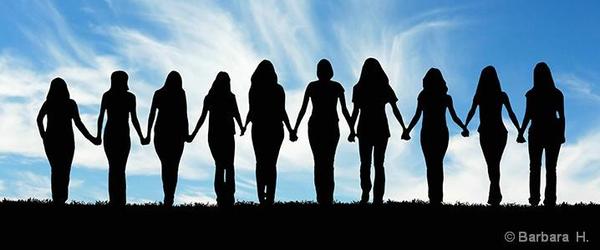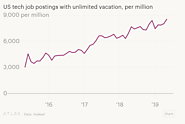-
About
- About Listly
- Community & Support
- Howto
- Chrome Extension
- Bookmarklet
- WordPress Plugin
- Listly Premium
- Privacy
- Terms
- DMCA Copyright
- © 2010-2024 Boomy Labs


 Jody Day
Jody Day
Listly by Jody Day
This list is curated by Jody Day, Founder of Gateway Women www.gateway-women.com
Gateway Women is the global friendship and support network for involuntarily childless women.
On this list you'll find blogs, websites, resources, research and articles of interest to both involuntarily childless and voluntarily childless (childfree) women and men.
Use the search box to find entries tagged with your interest area, such as 'statistics' or 'workplace'.
http://www.gateway-women.com
Source: http://www.gateway-women.com

Falling fertility rates mean we could be preparing for the wrong future

What comes under the guise of social fertility is just as nonsensical but far worse, for two reasons. First, for most of us, not being as fast as Usain Bolt is not directly related to any life choices we have made. That kind of dream is not even a...

Why life in this country is so hostile to single people.

As a matter of sound management and to avoid the risk of discrimination claims, employers should find ways to accommodate working parents during the pandemic and for the long term without making others bear the burden, says Andrew Horowitz at Obermayer Rebmann.

Politics, geography and ethnicity are all factors in how climate is affecting the decision to have children.

About a quarter of childless adults don’t want to have children because of climate change concerns, according to a new study published by data intelligence company Morning Consult. At least 11 percent of surveyed adults considered climate change a…

Family life in America is changing: marriage is increasingly being postponed, cohabitation is rising, more young people are living with parents (or grandparents), and childbearing is falling. Emerging from all these trends is one particularly striking trend: rising childlessness. Births postponed ultimately lead to births foregone entirely. And indeed, the main cause of declining fertility in America is increasing childlessness at all ages (or, put another way, declining first births, rather than declining second or third births).

Family life in America is changing: marriage is increasingly being postponed, cohabitation is rising, more young people are living with parents (or grandparents), and childbearing is falling. Emerging from all these trends is one particularly striking trend: rising childlessness. Births postponed ultimately lead to births foregone entirely. And indeed, the main cause of declining fertility in America is increasing childlessness at all ages (or, put another way, declining first births, rather than declining second or third births).

The concept of privilege came into its own in the eighties, when the women’s-studies scholar Peggy McIntosh started writing about it.

I thought I wanted kids. It turned out it wasn’t that simple.

Why cultivating “tragic optimism” will help us weather this crisis — and even grow from it.

“In Our Prime,” by Susan J. Douglas, argues that boomer feminists hold the keys to a better kingdom.

I am currently working on an article for an academic journal focusing on my own and others’ experience of being a nonmother with reference...

As well as dropping gendered terms like maternity and paternity leave, companies might be better off creating one paid leave option for all employees, according to this opinion piece.

DAISY COULAM: Let me get this out of the way right at the start: my husband and I did IVF and it didn't work. For us, there was no surprise baby. There was no miracle.
Young baby boomers owned an enormous share of the country's wealth relative to the nation's millennials and Gen Xers, data show.

Office of National Statistics data released today revealed 48 per cent of the female population in England and Wales were childless by their 30th birthday last year - the highest on record.

Something is stopping us from creating the families we claim to desire. But what?

Not long ago on Twitter, where my handle is @wordspinster, I made a joke about the recent announcement that Facebook has now become FACEBOOK. ‘Should I rebrand as WORDSPINSTER’, I tweeted, ‘or is t…

“Sarah, This Is Sarah” Strange things have been happening lately. When I’m out in the world now, something is different. I find myself catching glimpses of someone I don’t fully recognize. She …

The U.S. birthrate is currently at its lowest in 32 years, with 2018 being the fourth consecutive year of decline. Usually births increase at times of economic stability, so these latest numbers have led demographers to wonder what else is on prospective parents’ minds.

New research suggests that costly extra services lack evidence that they work
